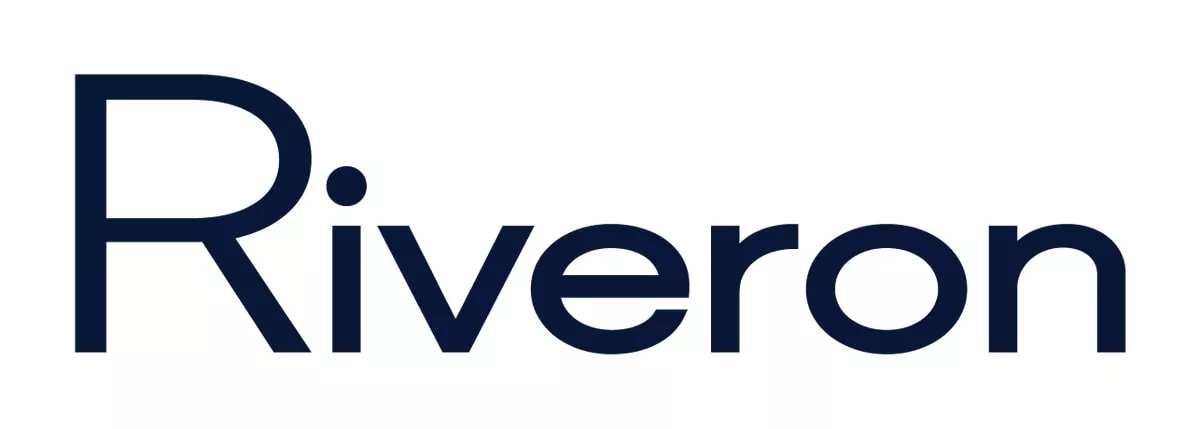- with readers working within the Banking & Credit industries
- within Environment, Law Department Performance, Media, Telecoms, IT and Entertainment topic(s)
Spirit Airlines had agreed to be acquired by rival JetBlue, but that deal was blocked by a federal judge at the beginning of 2024 due to concerns about competitiveness and antitrust issues. Many in the industry think that the Justice Department got this wrong, citing that only approximately 60 of the combined 566 routes overlapped at the time of the merger announcement. Both Spirit and JetBlue are sub-scale relative to their larger competitors (like Southwest, Delta, American, and United) and needed their combined mass to try and compete.
In a last-ditch effort to avoid a Chapter 11 proceeding, in which it appears that creditors Visa and Mastercard would not fare well, creditors have entered into an amendment with the airline that extends an additional $300 million in credit and pushes repayment of bond debt to the end of December.
Why would they do this when nothing in Spirit's business has fundamentally changed?
I think all parties are hoping for a change in the upcoming presidential election that will cause the Justice Department to change its position and allow the merger to go through. Investors may want to be extra cautious as this appears to be a high-risk situation.
The specifics, which Spirit reported in an 8-K filing to the U.S. Securities and Exchange Commission (SEC) on Oct. 18, are that creditors Visa (V) and Mastercard (MA) have agreed to push back the $1.1 billion loyal bond debt Spirit has accrued with them until Dec. 23 (the airline's total debt adds up to over $3.3 billion).
The content of this article is intended to provide a general guide to the subject matter. Specialist advice should be sought about your specific circumstances.


